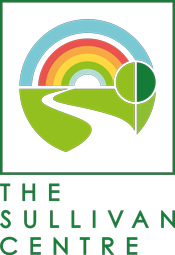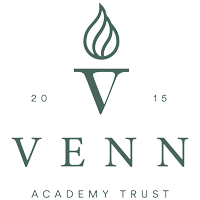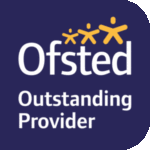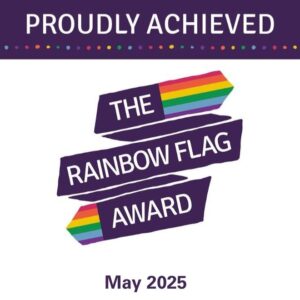Sport holds significant value for children with medical and mental health needs, offering a range of physical, emotional, and social benefits that are particularly crucial for their well-being. At The Sullivan Centre, the integration of sport into the curriculum for all ages reflects a deep understanding of these benefits and their positive impact on students’ lives.
We aim for all studies to be accredited. Students are able to complete the short course in sport and fitness whilst accessing their education at The Sullivan Centre.
The ASDAN Sport and Fitness Short Course is a dynamic and comprehensive program designed to introduce students to various aspects of sports and fitness. This course comprises seven engaging modules, each tailored to provide a holistic understanding of the field:
1. Sports Participation: This module focuses on actively engaging students in a variety of sports activities. It emphasises the importance of regular physical activity for maintaining health and well-being. Students participate in different sports, learning the rules, techniques, and benefits of each, fostering a lifelong appreciation for staying active.
2. Health, Fitness, and Nutrition: Here, students explore the critical relationship between physical fitness, health, and nutrition. They learn about the components of a balanced diet, the significance of hydration, and how to create personal fitness plans. This module helps students understand how proper nutrition and regular exercise contribute to overall health.
3. Researching Sport: This module encourages students to delve into the academic side of sports. They conduct research on various topics, such as the history of sports, influential athletes, and the impact of sports on society. This helps develop their research skills and deepens their understanding of the sports industry.
4. Sport in the Community: Students examine the role of sports within their local communities. This module looks at how sports can bring people together, promote community spirit, and contribute to social cohesion. Students may engage in community sports events and explore the benefits of local sports programs.
5. Coaching and Officiating: Focusing on the leadership aspects of sports, this module introduces students to the fundamentals of coaching and officiating. They learn about the responsibilities and skills required to coach a team or officiate a game, including communication, organisation, and fair play. Practical experience in these roles helps build confidence and leadership skills.
6. The Environment: This module explores the environmental impact of sports and how sporting activities can be conducted sustainably. Students learn about the importance of preserving natural resources and minimising the ecological footprint of sporting events. Topics may include waste management, sustainable practices, and the role of sports organisations in promoting environmental awareness.
7. Working in Sport: Finally, this module provides insights into various career opportunities within the sports industry. Students learn about different roles, such as sports management, physiotherapy, sports journalism, and fitness training. They may have opportunities to meet professionals, visit sports facilities, and understand the skills and qualifications needed for a career in sports.
The ASDAN Sport and Fitness Short Course is designed to be flexible and adaptable, catering to the diverse interests and abilities of students. Through a mix of theoretical learning and practical application, students gain a comprehensive understanding of sports and fitness, equipping them with valuable knowledge and skills for both personal development and potential career pathways in the sports industry.
Each year students partake in a sports day and Trust sporting events. The Sullivan Centre is also supported by a P.E Coach to support teaching and learning.
